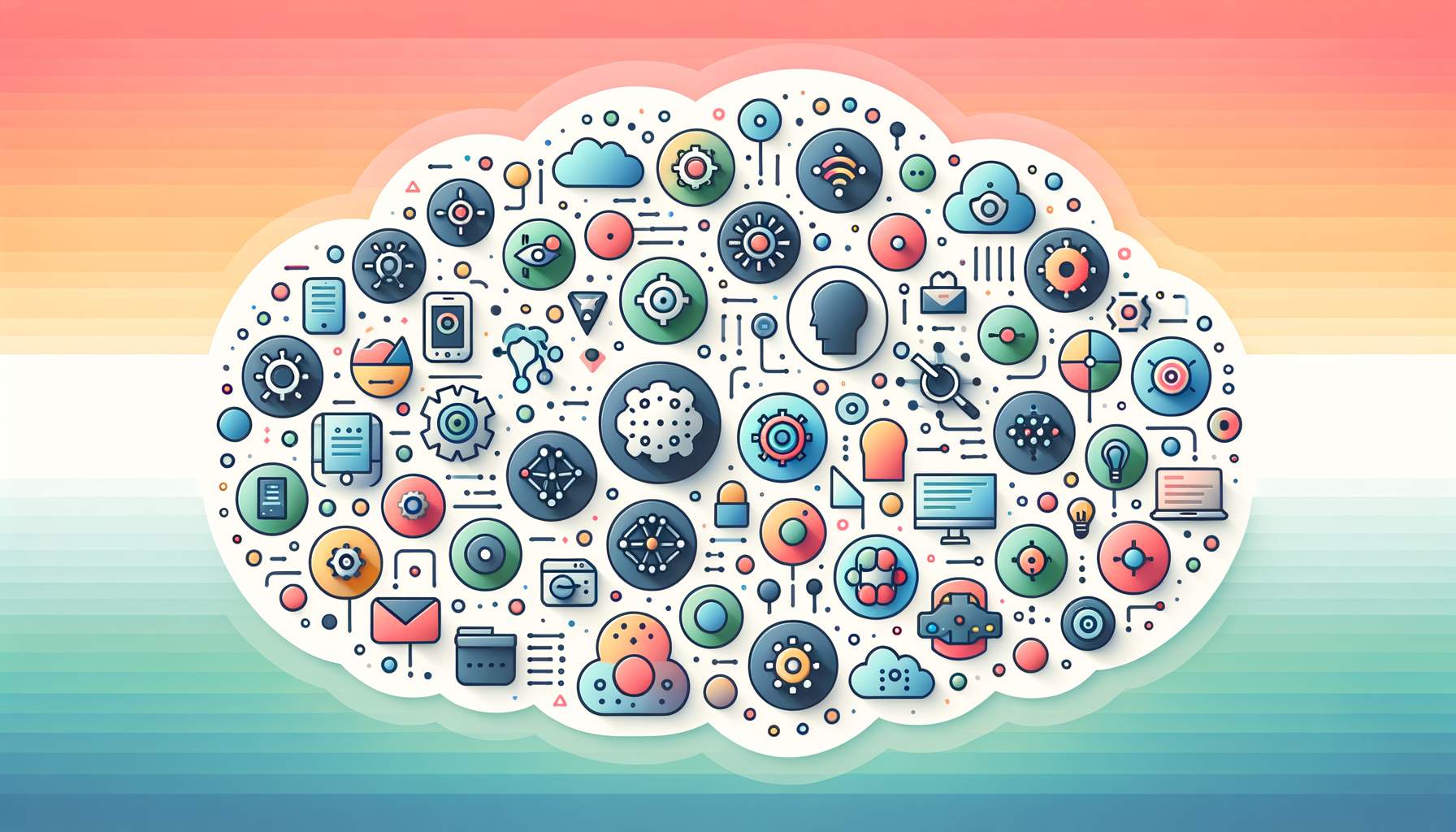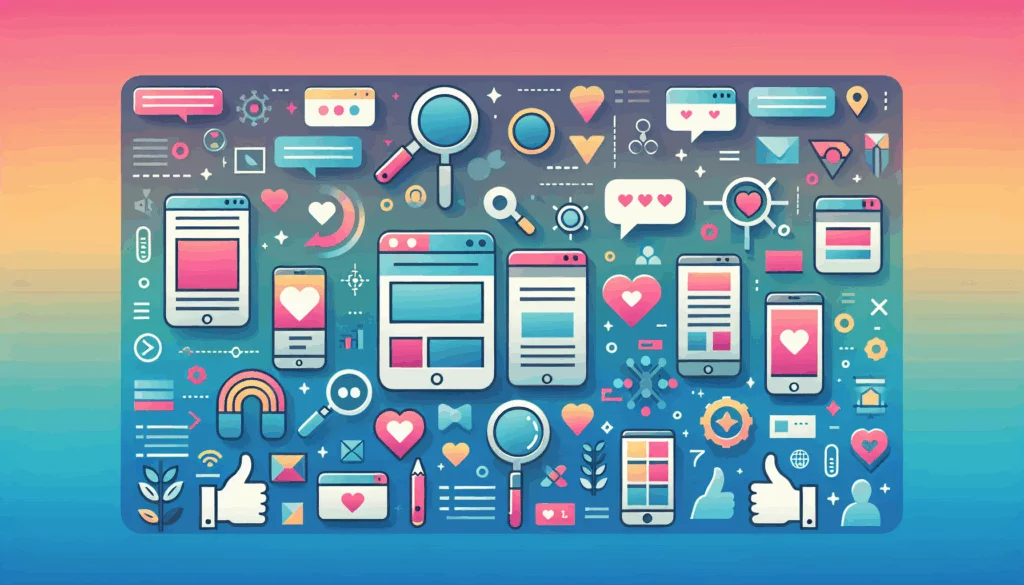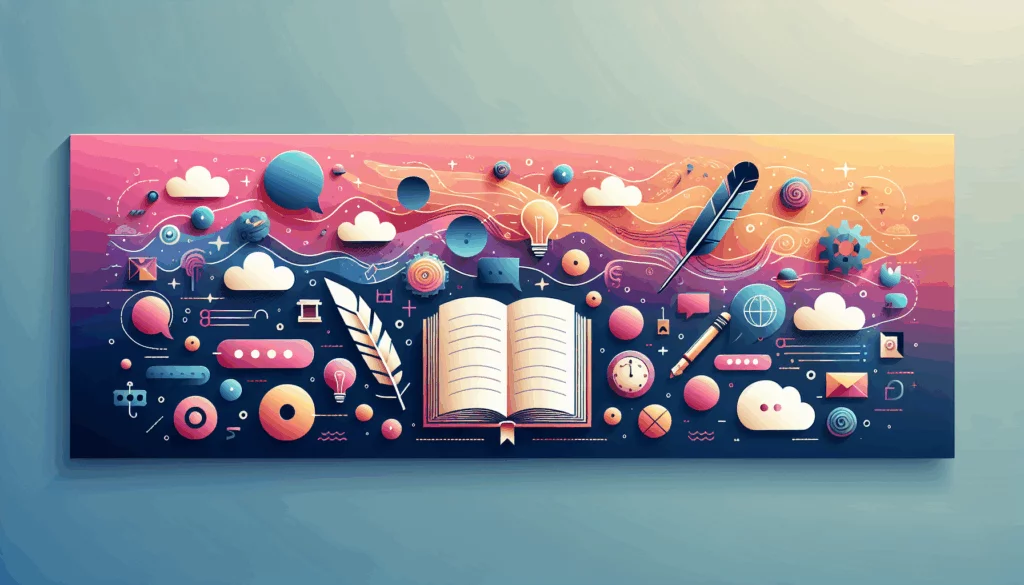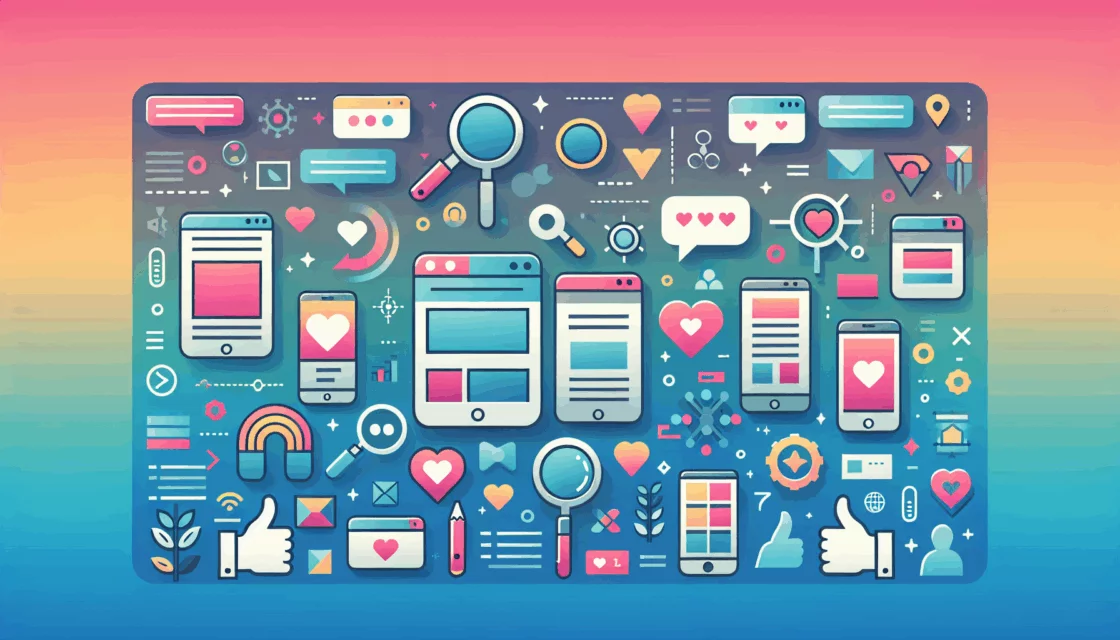
Revolutionizing Web Development: The Impact of Artificial Intelligence
In the ever-evolving landscape of web development, artificial intelligence (AI) has emerged as a game-changer, transforming the way websites are designed, developed, and maintained. From automating mundane tasks to enhancing user experiences, AI is redefining the industry in multiple facets.
Enhancing User Experience with AI
One of the most significant contributions of AI in web development is its ability to improve user experience (UX). AI algorithms can analyze user behavior, preferences, and past interactions to deliver personalized content and adaptive interfaces.
Personalized Recommendations: AI-driven systems, such as those used by Netflix, analyze user viewing history and ratings to recommend content that aligns with individual preferences. This approach not only enhances user engagement but also increases retention rates.
Adaptive Interfaces: AI can dynamically adjust the layout and functionality of a website based on user behavior. For instance, an e-commerce site can use AI to suggest related products or adjust the navigation menu to make it more user-friendly, leading to higher usage and better conversion rates.
Automation and Efficiency in Web Development
AI is revolutionizing the web development process by automating repetitive and time-consuming tasks, thereby increasing efficiency and productivity.
Automated Coding: Tools like GitHub Copilot and GPT-engineer can generate code from user inputs, reducing the time developers spend on coding. These tools can handle repetitive tasks such as setting up project skeletons and even assist in refactoring existing code.
Streamlined Workflow: AI can automate stages of code review, testing, and debugging, allowing web applications to be developed and deployed faster. This automation reduces the development cycle time and maintains high-quality standards.
AI in Front-End and Back-End Development
AI is making significant strides in both front-end and back-end development.
Front-End Development: AI tools like Adobe Sensei, integrated into Adobe’s Creative Cloud, can enhance picture quality, optimize placement, and streamline design tasks. This allows designers to focus on more complex and creative aspects of design.
Back-End Development: Tools like Supabase offer built-in features such as authentication, real-time APIs, and database management, automating backend setup and reducing the need for manual coding. Platforms like Locofy and Builder.io convert design assets directly into production-ready code, further streamlining the development process.
AI-Powered SEO and Content Optimization
AI is also transforming the way we approach SEO and content optimization.
AI in SEO: AI-powered SEO tools can analyze complex user behavior patterns, provide insights on keyword rankings, and suggest internal and external linking strategies. These tools can also help in testing different page titles, descriptions, and ad formats to maximize performance.
Content Optimization: AI can identify trending content, analyze the impact of algorithm updates, and recommend semantically related content to improve search engine rankings. This helps in maintaining a competitive edge in the digital marketing landscape.
Real-World Examples and Case Studies
Several real-world examples illustrate the effectiveness of AI in web development.
Sephora Virtual Artist: Sephora’s AI-based Virtual Artist provides personalized beauty product recommendations based on users’ preferences, skin tone, and purchase history. This enhances customer engagement and upsells products.
Netflix Recommender System: Netflix’s AI-driven recommender system predicts user preferences through their viewing history and ratings, ensuring that viewers remain engaged and watch more content.
Challenges and Future Outlook
While AI is transforming web development, there are challenges to consider.
Over-Reliance on AI: There is a risk of over-reliance on AI-powered tools, which could diminish human creativity and problem-solving skills. Striking a balance between AI-driven efficiency and human expertise is crucial.
Data Privacy: AI’s ability to process vast amounts of data raises concerns about data privacy. Ensuring that AI systems handle user data securely and ethically is essential.
The Future of Web Development with AI
As AI continues to evolve, its impact on web development is expected to grow.
Increased Automation: AI will further automate coding, testing, and deployment, reducing manual coding time and increasing efficiency. AI-powered code generators will continue to improve, leading to faster development cycles.
Low-Code and No-Code Platforms: AI will democratize web development through the rise of low-code and no-code platforms. These platforms will enable non-technical users to build fully functional websites and applications, fostering innovation and reducing barriers to entry.
Integration with Emerging Technologies: AI will integrate with technologies like the Internet of Things (IoT) and augmented reality (AR), creating more immersive and intelligent web experiences. This integration will provide deeper insights into user behavior and enhance real-time engagement.
Conclusion and Next Steps
AI is not just a tool in web development; it is a transformative force that is reshaping the industry. By leveraging AI, developers can automate routine tasks, enhance user experiences, and drive business outcomes.
If you are looking to integrate AI into your web development projects, consider the following:
- Explore AI-Powered Tools: Look into tools like GitHub Copilot, Supabase, and Adobe Sensei to see how they can streamline your development process.
- Optimize with AI: Use AI-powered SEO tools to enhance your content and search engine rankings.
- Stay Updated: Keep an eye on the latest trends and advancements in AI and web development to stay competitive.
For more insights on how to leverage AI in your web development projects, Contact Us at Belov Digital Agency. Our team of experts is ready to help you harness the power of AI to build innovative and user-centric websites.
Additionally, if you’re considering hosting solutions that support AI-driven web development, platforms like Kinsta offer robust and scalable hosting options that can handle the demands of AI-powered websites.
In the future, as AI continues to advance, it will be crucial for web developers to adapt and integrate these technologies into their workflows. By doing so, they can unlock new levels of creativity, efficiency, and performance in web development.













